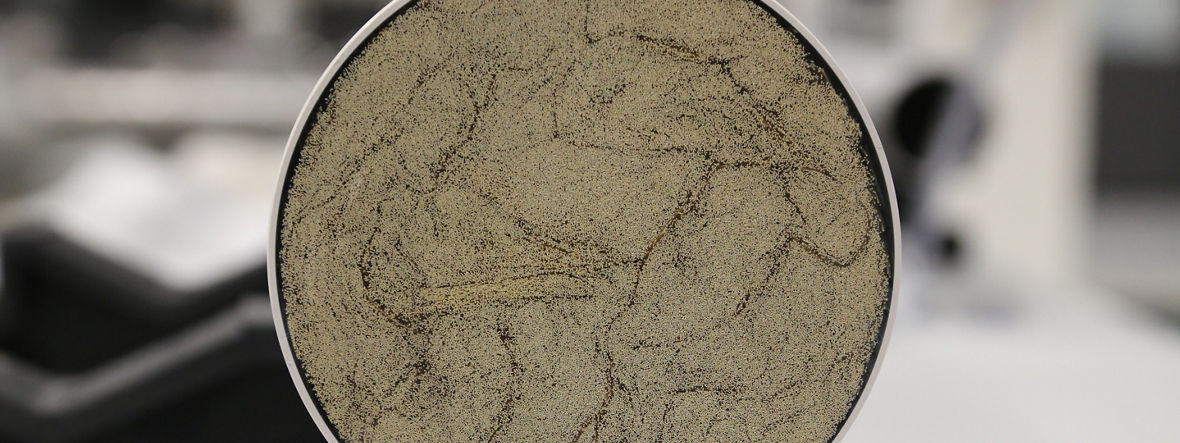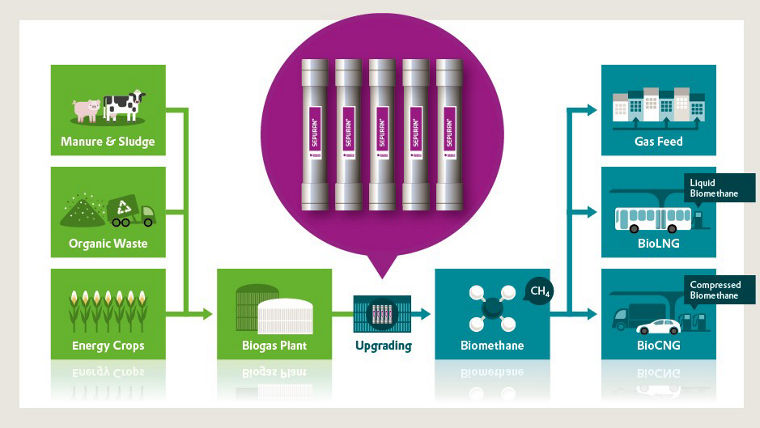At the Summit on Sustainable Development in 2015, the United Nations defined 17 goals that are known as the Sustainable Development Goals (SDGs). Evonik too is contributing in many different ways to supporting sustainable development. We present them here.
To combat climate change and its effects, a rapid, far-reaching and sustainable reduction of greenhouse gas emissions is necessary. In line with the Paris Agreement, Evonik is committed to significantly reducing its carbon footprint as a group.
Evonik is relying on membranes, among other things, to defossilize the energy sector. At the beginning of 2024, the group began expanding its production capacities for Sepuran hollow fiber membranes. These membranes allow gases to be efficiently separated, for example when processing biogas or producing hydrogen. The membranes help to make the treatment process as efficient and cost-effective as possible, thus conserving resources and protecting the environment.

Fine as Horsehair
Almost as fine as horsehair: Sepuran N2 membranes from Evonik have a diameter of less than half a millimeter. Tens of thousands of these thin polyimide tubes are bundled together and embedded in stainless steel modules. Whether the gas is nitrogen, hydrogen, or biogas, the innovative Sepuran membrane technology functions with low energy consumption and without auxiliary materials such as water or chemicals.




